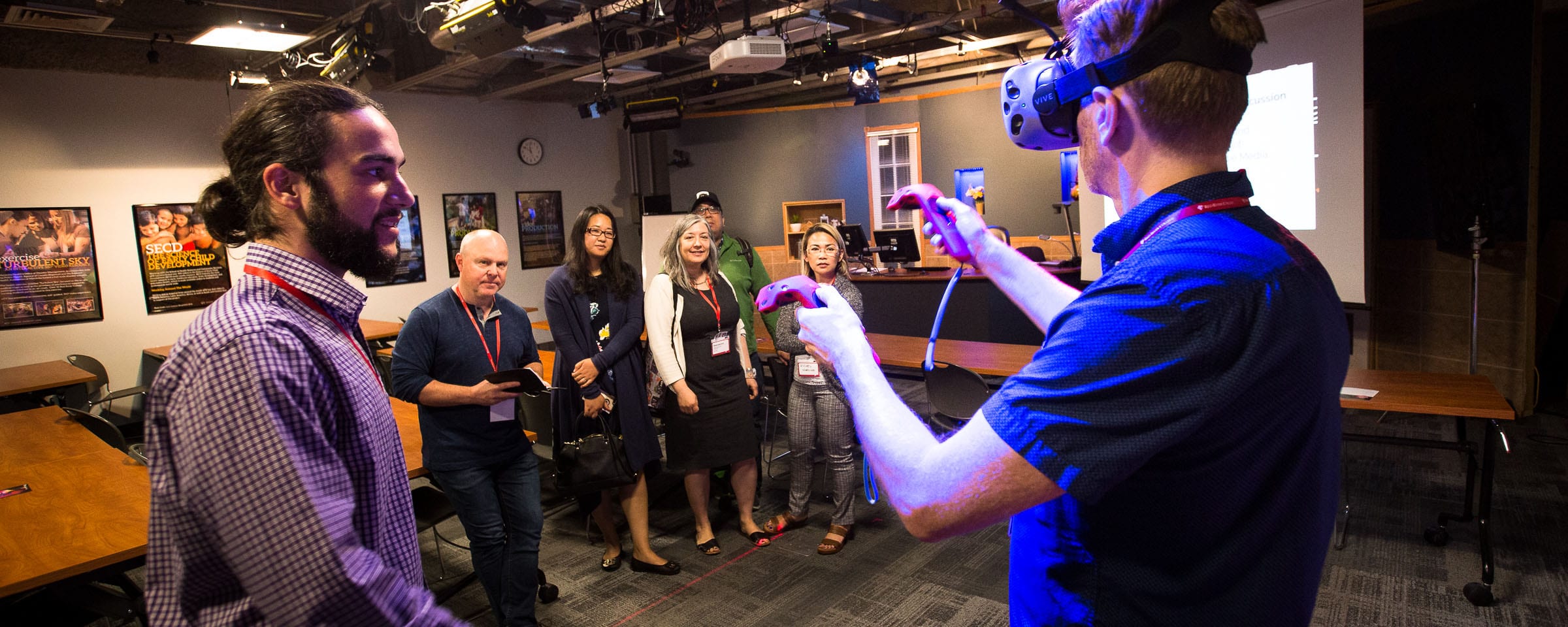Writing Matters Topic #2: Pluralization
These are our English pluralization rules:
- For nouns ending in a consonant, add the letter s to make the noun plural (e.g., books).
- For nouns ending in ch, x, s, and s-like sounds, add es (e.g., witches).
- For items ending in y, change the y to an i and add es (e.g., supplies).
- For some nouns, use the irregular plural form (e.g., children).
- For Latin and Greek nouns, use their respective plural forms (e.g., syllabi).
- For acronyms, add an s (e.g., NGOs).
- For years, add an s (e.g., the 1980s).
- For credentials, add an s (e.g., PhDs)
- For profession acronyms, add an s (e.g., MDs)
- For single alphabet letters, use an apostrophe + s (e.g., She got four A’s and two B’s.)
- For reference to plural words, use an apostrophe + s (e.g., The sentence has too many and’s.)

